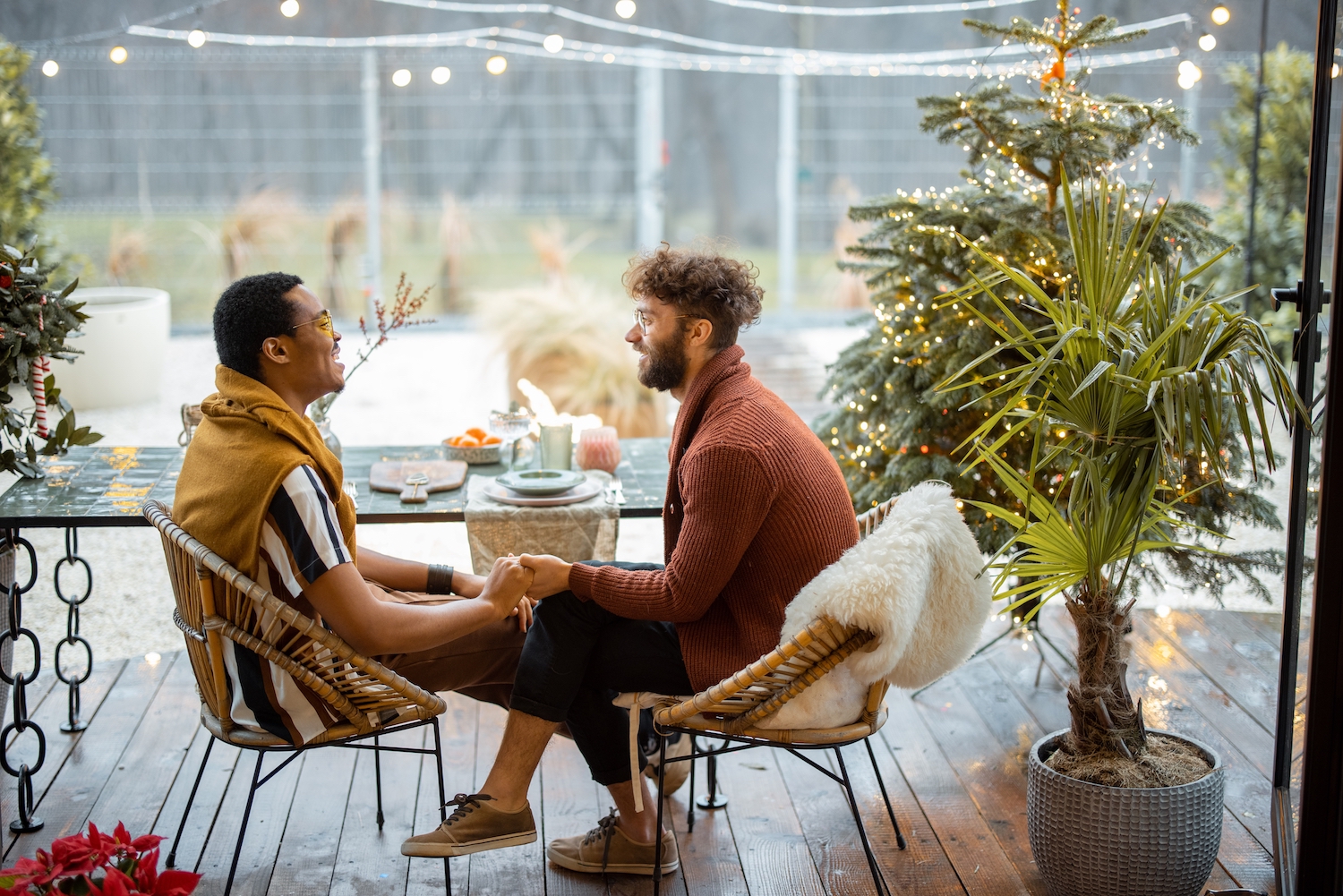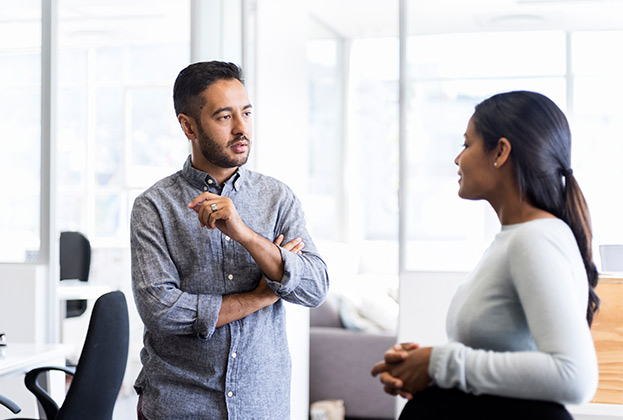Why is it so hard for us to listen?
- We’re too consumed with our thoughts
- We can’t stop the wheels from turning
- We don’t pay enough intentional attention
Let’s dive into the art of listening and what does it mean to better listen to each other:
Top Five TED Talks on How to Be a Better Listener
5 Ways to Listen Better, with Julian Treasure
In our louder and louder world, says sound expert Julian Treasure, “We are losing our listening.” In this short, fascinating talk, Julian shares five ways to re-tune your ears for conscious listening — to other people and the world around you. He says we spend 60% of our communication time listening and only retain 25% of what we hear. Watch this great talk to better understand how we’re becoming impatient and why the art of conversation is being replaced by personal broadcasting.
10 Ways to Have a Better Conversation, with Celeste Headlee
One of the best talks on the art of listening, Celeste gives concrete, practical advice that will stick with you the next time you’re having a conversation. When your job hinges on how well you talk to people, you learn a lot about how to have conversations, and that most of us don’t converse very well, she says. Celeste Headlee has worked as a radio host for decades, and she knows the ingredients of a great conversation: Honesty, brevity, clarity and a healthy amount of listening. In this insightful talk, she shares 10 useful rules for having better conversations. Go out, talk to people, listen to people, and, most importantly, be prepared to be amazed, she says.

Want to Truly Help Someone? Shut up and Listen, with Ernesto Sirolli
When most well-intentioned aid workers hear of a problem they think they can fix, they go to work. Ernesto Sirolli suggests this is naive. In this funny and impassioned talk, Ernesto proposes that the first step is to listen to the people you’re trying to help, and tap into their own entrepreneurial spirit. His advice on what works will help any entrepreneur. Find out how Ernesto’s work with aid groups in Africa (and the disappointment that came from it) taught him why listening is key and why you can’t help people that aren’t asking for assistance.
Listen, Learn … then Lead, with Stanley McChrystal
Four-star general Stanley McChrystal shares what he learned about leadership over his decades in the military. How can you build a sense of shared purpose among people of many ages and skill sets? By listening and learning, and addressing the possibility of failure.
Everything around you has a story the world needs to hear, with Dave Isay
Dave Isay opened the first StoryCorps booth in New York’s Grand Central Terminal in 2003 with the intention of creating a quiet place where a person could honor someone who mattered to them by listening to their story. Since then, StoryCorps has evolved into the single largest collection of human voices ever recorded. His TED Prize wish: to grow this digital archive of the collective wisdom of humanity.
How to Be a Better Listener, in 5 digestible steps:
#1 for better listening: Check it at the door
Before walking into a conversation, quiet whatever is going on in your head — literally leave it at the door. If it’s that important, it’ll be there on your way out and you can pick up where you left off. Try your best to leave your thoughts, worries, problems and over-worked brain, outside, before engaging in your next chat.
#2 for better listening: Give yourself one Task — To Focus on the person in front of you
We’re not robots and it’s normal that we might tune out from time to time when speaking to someone — no matter how interesting they might be. Catch those moments when you’re no longer ‘there’ and bring yourself back! Be vigilant about it and be mindful when you find yourself drifting off into the ‘eversphere’.
#3: Take yourself out of the Conversation for better listening
This is one of the hardest things to master, as a reportedly only 2 percent of the population does it properly. The next time you’re talking to someone, don’t use the word ‘I’ in the conversation. As tempting as it can be to refer a situation back to yourself, the most effective way to connect with someone is to listen and simply repeat back what they say back to you.

If someone’s angry, literally saying: “I can see you’re angry”, goes a long way. It’s called Empathic Acknowledgment and it plays on the fact that people really just want to be heard. As humans, we’re usually inclined to give advice and share similar experiences and as much as it comes from a good place, the most value we can be to someone, is by just acknowledging that we’re listening and that they’ve been truly heard.
#4 for better listening: Let it Pass
We’ve all had conversations when someone says something and we instantly think: “Oh, I need to comment on that, add to it, refute it etc…” Sometimes we get so caught up in responding to that one thought, that we end up missing the rest of the sentence or conversation. When that happens this week — challenge yourself to let it go. You might have even more to say about what’s said next, making your initial comment unnecessary.
#5 for better listening: Use the 80/20 Rule
And no we’re talking about the Pareto Principle. Try speaking only 20 percent of the time in each conversation and letting the other party do 80 percent of the talking.












Replies to This Discussion